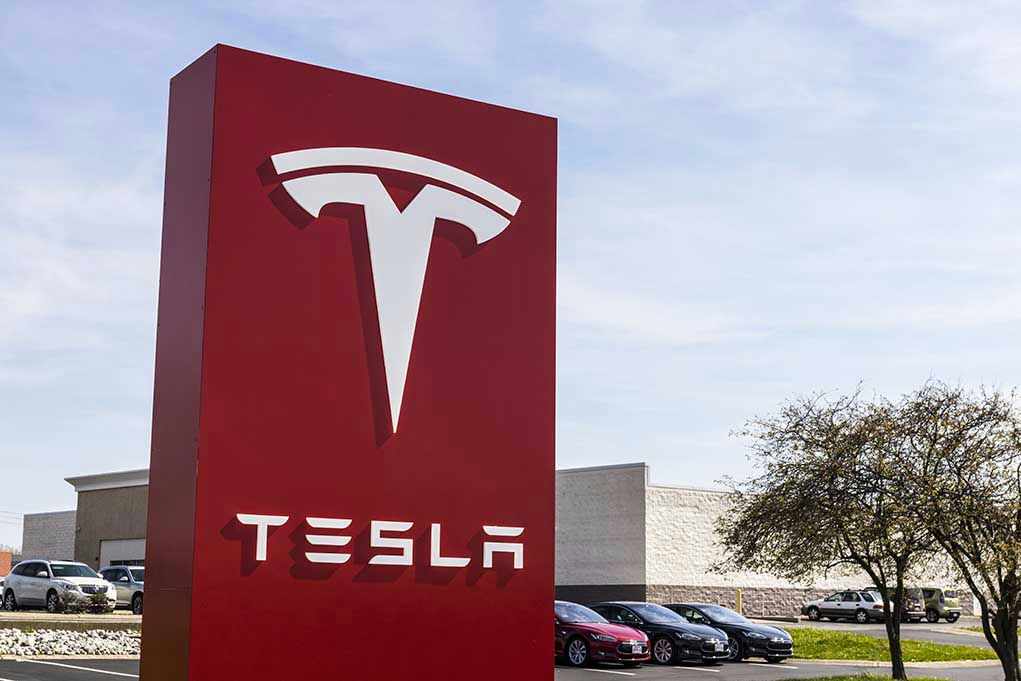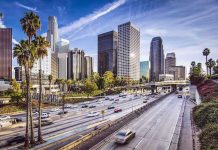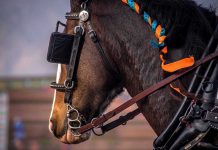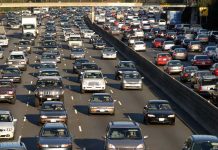
A Miami federal jury’s decision to hold Elon Musk’s Tesla partly responsible for a fatal Autopilot crash, resulting in a landmark $200 million punitive damages award, signals a new era of legal accountability for Big Tech and raises tough questions about the safety of self-driving vehicles.
Story Snapshot
- Federal jury finds Tesla partially liable for a 2019 Autopilot-related fatal crash, awarding over $240 million in total damages.
- Punitive damages alone reach $200 million, making this one of the largest verdicts against Tesla for Autopilot incidents.
- The verdict intensifies scrutiny of autonomous vehicle safety and sets legal precedent for future cases involving driver-assist technology.
- Experts warn the case could reshape industry standards, regulatory oversight, and corporate responsibility in the age of automation.
Jury’s Verdict Marks Turning Point for Big Tech Liability
A federal jury in Miami ruled on August 1, 2025, that Tesla, led by CEO Elon Musk, must pay more than $240 million—including $200 million in punitive damages—to the family of a 22-year-old woman killed in a 2019 Florida crash while the car’s Autopilot system was engaged. The driver, her boyfriend, survived with severe injuries. This case stands as one of the largest punitive damage awards ever leveled against Tesla for incidents involving its much-touted driver-assistance technology. The ruling follows six years of legal battle and public debate over the real-world safety of semi-autonomous vehicles and the corporate responsibility of companies pushing the frontier of artificial intelligence on public roads.
Jury Finds Elon Musk‘s Tesla Partly at Fault in Autopilot Crash Lawsuit, Awards $200 Million in Damages https://t.co/Uub1NsAGXj via @BreitbartNews
— James Heron (@AuthorJHeron) August 1, 2025
The case centers on a 2019 accident in Key Largo, Florida, where a Tesla Model S, operating with Autopilot engaged, crashed, resulting in tragic consequences. The jury found Tesla partially liable, pointing to questions about the adequacy of Autopilot’s warnings and the system’s ability to safely manage complex driving scenarios. The verdict’s timing—just months into President Trump’s renewed push for American innovation balanced with consumer safety—has amplified calls for accountability within Big Tech, especially as the Biden administration’s regulatory approach was widely criticized by conservatives for being too lax and too slow to act on real safety threats.
Autopilot Safety, Corporate Responsibility, and Legal Precedent
This case highlights ongoing concerns about the reliability of Tesla’s Autopilot, a system marketed as an advanced driver-assistance suite. Since its introduction, Autopilot has been linked to several high-profile fatalities, prompting regulatory scrutiny and lawsuits nationwide. Experts argue that this verdict signals a shift in how juries and, potentially, lawmakers view the responsibilities of technology companies when their products interact directly with human safety on American roads. Legal analysts note that the size of the punitive damages awarded is intended to send a strong message to Tesla and other automakers: safety shortcomings and insufficient consumer warnings will not be tolerated, no matter the company’s market influence or the charisma of its leadership.
The verdict may spur a new wave of litigation against both established automakers and emerging tech firms, as families and survivors seek redress for injuries and losses attributed to experimental semi-autonomous systems. Industry insiders predict that companies will likely face higher insurance costs and a tougher regulatory landscape, especially as consumer trust in next-generation vehicle technologies is shaken by high-profile incidents like this one. The National Highway Traffic Safety Administration (NHTSA) continues to investigate Tesla’s driver-assist systems, and this jury decision is expected to add momentum to calls for clearer safety standards and better consumer education regarding the limits of these features.
Industry and Expert Reactions: Balancing Innovation and Safety
Industry experts and legal scholars are divided on what this landmark verdict means for the future of autonomous vehicles. Some believe the decision will force companies to invest more in safety features and transparency, ultimately benefiting consumers and restoring confidence in American engineering. Others warn it could stifle progress and discourage innovation by increasing legal risks for companies daring to push boundaries. This tension reflects a broader national debate: how best to advance technology while upholding the values of responsibility, transparency, and the defense of American lives and families.
For many in the conservative movement, the case is seen as a wake-up call to resist unchecked corporate power and defend the rights of victims against globalist tech giants. The verdict also serves as a reminder that, while technological advancement is essential for American prosperity, it must never come at the expense of families’ safety, constitutional rights, or the rule of law. The outcome of any Tesla appeal will be closely watched, as will any legislative efforts to strengthen oversight and ensure that American drivers remain protected from the dangers of poorly regulated automation.
Future Implications: Regulatory, Economic, and Social Impact
The immediate impact for Tesla is both financial and reputational. The company, already under the microscope from regulators and consumer advocates, now faces a precedent that could open the floodgates to more lawsuits and force a reevaluation of how it markets and updates its driver-assist features. Long term, this case is expected to influence both state and federal policy regarding self-driving vehicles, with lawmakers under pressure to close regulatory gaps left by the previous administration’s inaction.
The case’s broader implications extend beyond Tesla. Other automakers and tech companies developing autonomous systems are likely to rethink their own safety protocols and legal strategies. Consumers, meanwhile, may become more wary of promises made by Silicon Valley, demanding proof—not just marketing—of safety and reliability. For conservative Americans, the verdict is a reminder of why vigilance against Big Tech overreach and government complacency is essential to protecting both freedom and the safety of the nation’s roads.
Sources:
WLRN: Miami jury orders Tesla to pay more than $240 million in Autopilot crash case in Florida Keys












